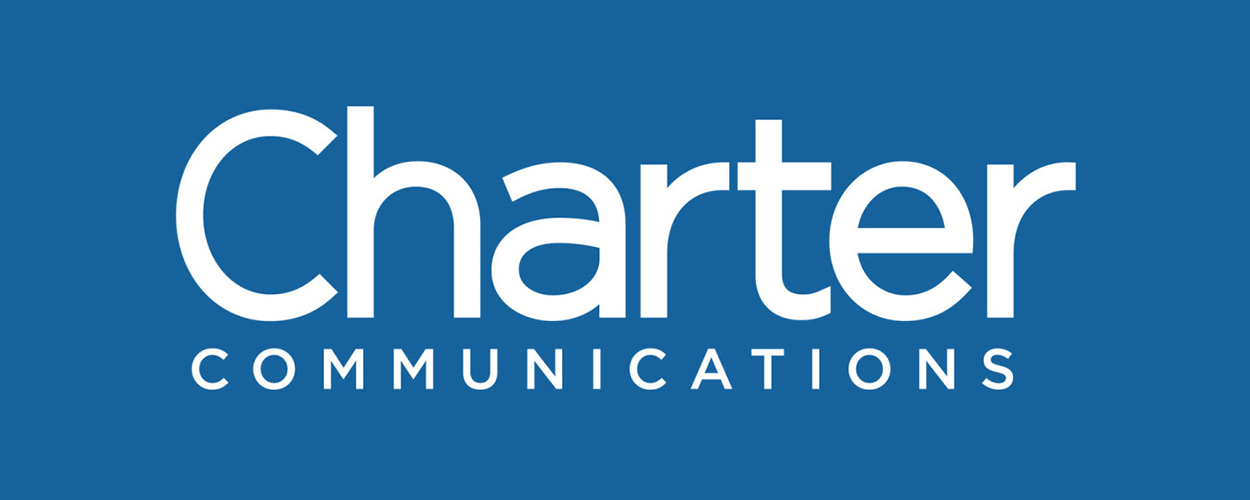This website uses cookies so that we can provide you with the best user experience possible. Cookie information is stored in your browser and performs functions such as recognising you when you return to our website and helping our team to understand which sections of the website you find most interesting and useful.
Business News Labels & Publishers Legal Top Stories
American labels sue another ISP in wake of BMG v Cox safe harbour ruling
By Chris Cooke | Published on Tuesday 26 March 2019

Having scored an initial win against US internet service provider Grande last week, the American record companies have rushed to court to sue another safe harbour dwelling net provider for copyright infringement, this time Charter Communications.
The new lawsuit filed with the courts in Colorado makes for familiar reading. Charter, the labels argue, has a policy for dealing with repeat infringers among its customer base, but it doesn’t effectively apply that policy. “Rather than disconnect the internet access of blatant repeat infringers”, the label filing states, “Charter knowingly continued to provide these subscribers with the internet access that enabled them to continue to illegally download or distribute plaintiffs’ copyrighted works unabated”.
Meanwhile, in a separate lawsuit filed in Florida against what is now a Charter subsidiary – Bright House Networks – the labels say that the ISP “condoned … illegal activity because it was popular with subscribers and acted as a draw to attract and retain new and existing subscribers”. The company “recognised that if it terminated” repeat infringers it “would enrol fewer new subscribers, lose existing subscribers, and ultimately lose revenue”.
ISPs, of course, claim protection under the pesky copyright safe harbour whenever their customers use their networks to infringe copyright. The safe harbour says that internet companies cannot be held liable for their users’ copyright infringement providing said companies have systems in place to deal with infringing content and infringing users when made aware of it or them by a copyright owner.
The music industry argues that some ISPs have deliberately shoddy systems for dealing with repeat infringers among their customer bases, so that they can claim safe harbour protection without ever having to actually disconnect repeatedly infringing customers.
There was much debate in the early days of mainstream internet access and online music piracy as to quite how far safe harbour dwelling companies had to go to deal with infringement and infringers on their networks to avoid liability. Though many of the bigger net providers in the US – most of them also in the cable television business, so that they had a vested interest in enforcing copyright – set up a since abandoned voluntary scheme with the music and movie industries to deal with repeat infringers.
Charter was not part of that voluntary scheme. And neither were Grande or Cox, the two other ISPs that have been sued in recent years on this point. BMG’s legal action against Cox was the big test. The music rights company said that although Cox had a repeat infringer policy, staff were told to employ loopholes to avoid cutting off any infringing customers. The ISP argued its internal procedures were in fact sufficient to win it safe harbour protection from liability for copyright infringement. But the courts did not concur.
That landmark ruling, depriving Cox of safe harbour protection from a $25 million copyright infringement claim, was overturned on appeal, but on a technicality. Appeal judges pretty much backed the ruling of the lower court, which meant that Cox settled with BMG before said lower court had a chance to consider the whole thing for a second time.
Meanwhile, the Recording Industry Association Of America sued Grande Communications over its shoddy repeat infringer policies. Although that case is still ongoing, a court last week ruled that Grande couldn’t rely on safe harbour because of its slack anti-infringement procedures. Citing BMG v Cox, the judge in the Grande case confirmed that “an ISP has not ‘reasonably implemented’ a repeat infringer policy” – so to win safe harbour protection – “if the ISP fails to enforce the terms of its policy in any meaningful fashion”.
Although the precedent has pretty much been set that shoddy anti-infringer policies means safe harbour no longer applies, in this new dispute the labels will still need to prove that Charter and its subsidiaries had infringement systems that were sufficiently shit.
Charter will obviously deny the shoddiness, with a spokesperson for the net firm already telling Ars Technica: “We will defend against these baseless allegations”.





